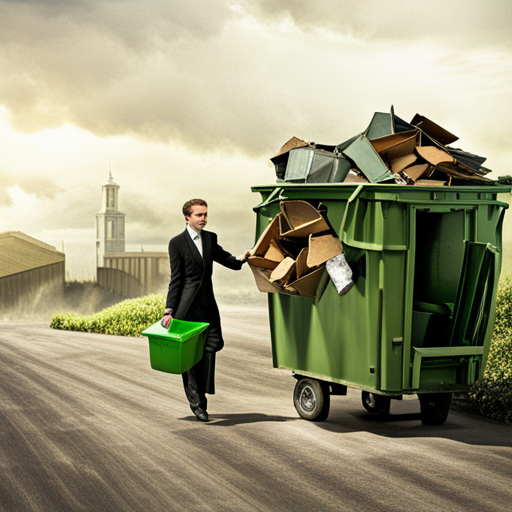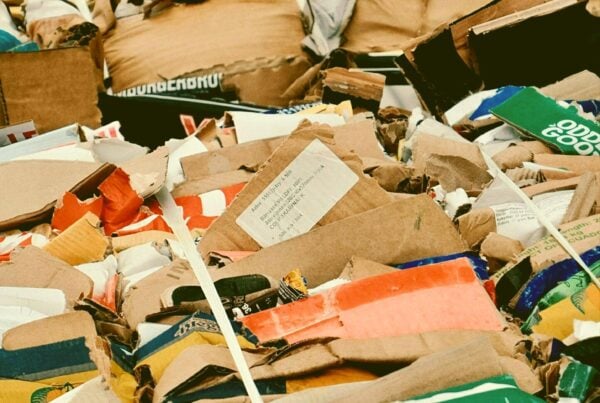 Recycling matters. It is a simple action that has a major impact on the environment. Unfortunately we still seeing too much recyclable material in general waste bins. It may seem like a small action, but when millions of people recycle, it can make a significant difference. Recycling is beneficial to our planet because it conserves natural resources, reduces greenhouse gas emissions, and decreases the amount of waste being incinerated. In this blog post, we will be discussing why recycling is important and how it can positively impact the environment.
Recycling matters. It is a simple action that has a major impact on the environment. Unfortunately we still seeing too much recyclable material in general waste bins. It may seem like a small action, but when millions of people recycle, it can make a significant difference. Recycling is beneficial to our planet because it conserves natural resources, reduces greenhouse gas emissions, and decreases the amount of waste being incinerated. In this blog post, we will be discussing why recycling is important and how it can positively impact the environment.
1. Conserves Natural Resources
By recycling materials, we reduce the need for virgin materials to be extracted and used. Mining and logging are two industries that have a significant impact on the environment. They cause deforestation, habitat destruction, and soil erosion. When we recycle, we reduce the demand for these materials, thus conserving natural resources. Recycling paper alone can save trees and energy, which could be used for other essential purposes.
2. Reduces Greenhouse Gas Emissions
The production of virgin materials requires a lot of energy which leads to air pollution and greenhouse gas emissions. By recycling, we can save a lot of energy and reduce pollution, which helps prevent climate change. Recycling aluminum, for instance, uses only about 5% of the energy required to produce new aluminum, significantly reducing GHG emissions from production.
3. Reduces Waste going to incineration
Landfills are full and we’re now burning our waste in incinerators to manage it. This is both unsightly and poor for our air. Recycling decreases the amount of waste going to incineration, prolonging a material’s lifespan and reducing operating costs.
Unused food is a big problem for us also. This generates methane, a potent greenhouse gas that contributes to climate change. When we recycle, we lessen the amount of food being disposed, resulting in less methane. This, in turn, reduces the risk of greenhouse gases escaping into the atmosphere and contributing to global warming.
4. Creates Jobs
Recycling creates jobs and contributes to the circular economy. The recycling industry generates income, provides employment opportunities, and boosts local economies. Recycling can create jobs such as collection centers, sorting facilities, and manufacturing plants, injecting money into local economies. The circular economy also creates a market for recycled goods such as done deal and adverts.ie, creating incentives for manufacturing companies to produce goods made from recycled products.
5. Conserves Energy
The recycling process uses less energy than the manufacturing process, particularly for materials such as aluminum, plastic, and glass. Recycling aluminum, for instance, saves up to 95% of the energy required to produce new aluminum. Similarly, recycled paper uses 60% less energy than creating new paper from virgin wood pulp. By conserving energy, we reduce the need to consume non-renewable resources, which helps to preserve them for future generations.
Conclusion
Recycling not only conserves natural resources and reduces greenhouse gas emissions, but also creates jobs and helps boost local economies. The societal impacts of recycling are also worth noting, as recycling programs serve as a bridge between communities. Initiatives like recycling competitions can be organized in schools and communities, which can go a long way in raising awareness about the importance of recycling and promoting environmental awareness. In the end, recycling is not only a personal responsibility, but a collective opportunity that we can take advantage of to protect the planet and support sustainable practices and principles. So, let’s join hands and make recycling a habit to keep the world healthy and sustainable.





